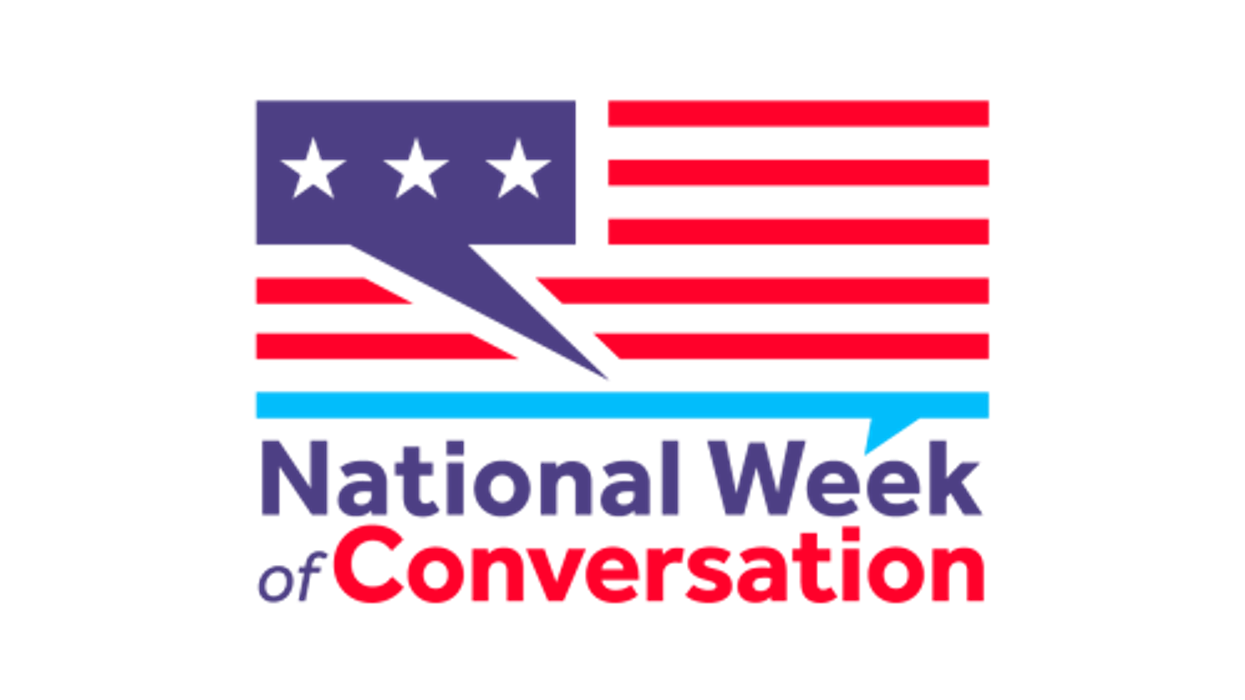Bodie is a p rofessor of integrated marketing communication at the University of Mississippi and chief listening officer at the Listen First Project.
In an era when division often takes center stage, the National Week of Conversation emerges as a beacon of hope. Now in its seventh year, NWoC invites Americans to rise above division April 15-21 by participating in a signature experience that builds connections across differences. NWoC offers a variety of unique opportunities for individuals from all walks of life to enjoy meaningful engagement with their fellow Americans and strengthen the fabric of our nation.
NWoC is a week to become inspired, equipped and engaged in bridge building. It was created for those exhausted by the division and hatred in our country. It was created for those seeking ways to turn down the heat of polarization.
Organized by the Listen First Coalition – which includes over 500 organizations committed to bridging divides – and in partnership with the National Governors Association’s #DisagreeBetter campaign, NWoC is a nationwide initiative with countless opportunities for local engagement. Throughout the week, Americans from coast to coast will have the chance to join virtual and in-person activities, including panel discussions, workshops, community forums, one-on-one conversations and the inaugural Better Together Film Festival. These events are designed to facilitate dialogue on crucial issues, share stories and experiences, and explore ways to collaboratively address the challenges facing our nation.
This year NWoC is also excited to be partnering with hundreds of Public Broadcasting Service stations across the country in airing the film “Divided We Fall: Listening with Curiosity.” Check your local PBS station to see when the film is airing in your area, or see the PBS WORLD schedule for other airing times.
NWoC is about creating spaces for conversations that help us rediscover our shared humanity and the love we have for our country. It is about learning to search for common ground rather than conflict. It is about respecting where we disagree rather than trying to avoid or attack differences of opinion. It is about committing to #DisagreeBetter.
By participating in NWoC, Americans can show up for each other and the country we all love. Everyone is invited to take part in this transformative week.
Get more information about the National Week of Conversation, including a schedule of in-person and virtual events and learn how you can get involved.



















Trump & Hegseth gave Mark Kelly a huge 2028 gift